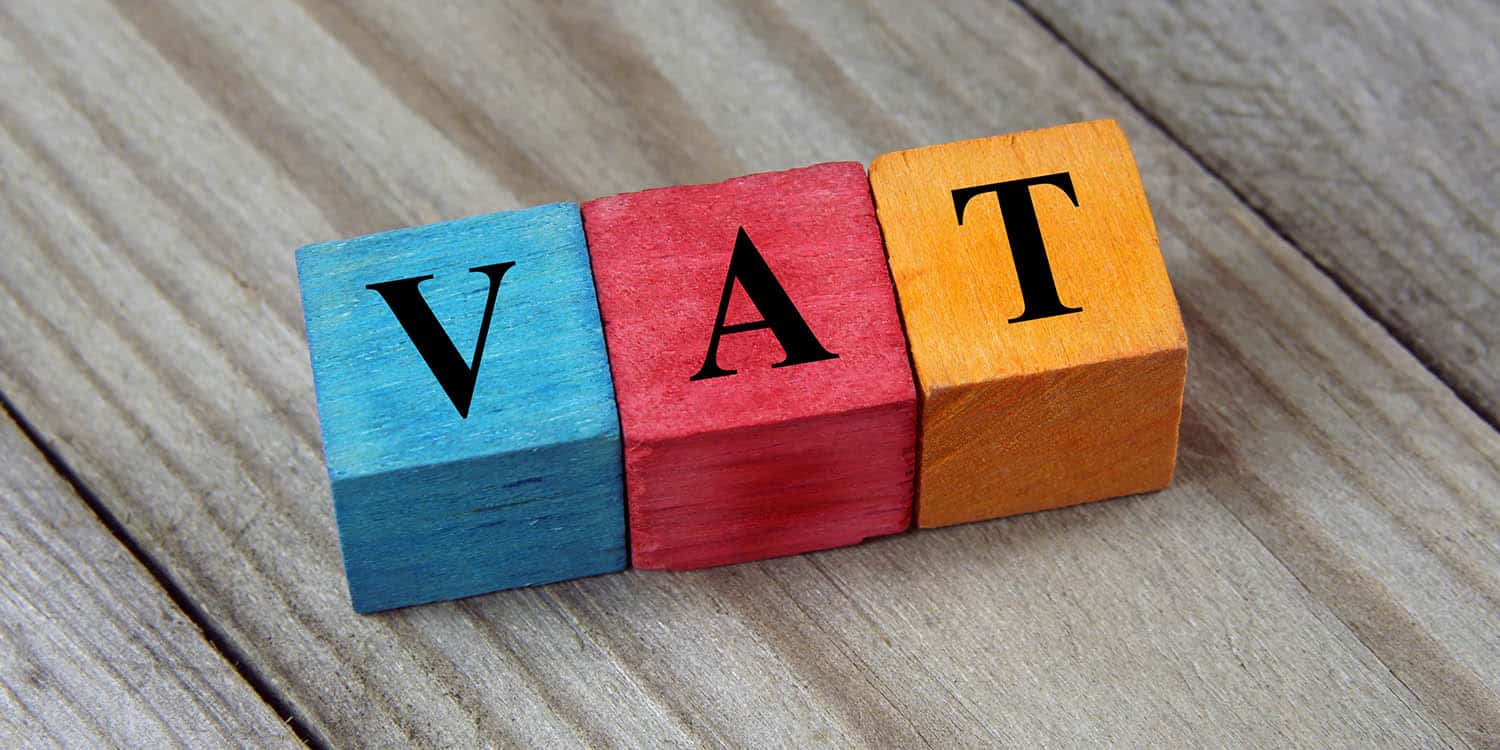VAT registration is slightly more complex than it would first appear. This is because there is a time when you must legally register for VAT, and there is also the option to register on a voluntary basis.
We will deal with compulsory VAT registration first, then we’ll discuss why a business would want to become VAT registered on a voluntary basis.
Compulsory registration
You must register for Value Added Tax (VAT) when:
- Your VAT taxable turnover is expected to exceed the VAT registration threshold of £90,000 (2024/25 tax year) within the next 30 days. You should register as soon as you become aware of this eventuality, before the end of the 30-day period. The effective date of your VAT registration should be the date that you realised you were going to go over the threshold, not the date that your turnover exceeded it.
- Your VAT taxable turnover exceeded £90,000 (the ‘threshold’) over the last 12 months. You must register for VAT no later than 30 days after the end of the month in which you exceeded the threshold.
‘VAT taxable turnover’ is the total turnover of all goods and services that a business has sold that are not VAT exempt. The vast majority of goods and services sold in the UK are taxable.
However, some are not, e.g., insurance, finance, education, training, and letting of commercial land and buildings.
Please also remember that we are talking about turnover, not profit, so some new businesses will have to get VAT registered fairly quickly.
HMRC penalty
If you fail to register for VAT at the correct time, HMRC may penalise you. The amount of the penalty is calculated as a percentage of the amount of VAT owed. The percentage of the penalty rate applied will vary from 5% to 15%, depending on how late you are in registering.
Voluntary VAT registration
Many businesses decide to register for VAT even though their taxable turnover is below the threshold. This is known as registering on a voluntary basis, and businesses do this to enjoy the benefits of VAT registration. It is estimated that approximately 20% of all VAT registered businesses in the UK operate below the VAT registration threshold.
The benefits of VAT registration:
- You get a VAT number that you can display on your website and business stationery. This will add credibility to you brand and create the impression of a larger business. The reputational benefits of VAT registration are considerable and should not be underestimated.
- Many customers, suppliers, lenders, and investors may consider VAT registration to be the ‘norm’, which means that they may have a policy of not dealing with businesses that are not registered. Furthermore, if you are not registered for VAT, other businesses will know that your turnover is less than a certain amount and they may make judgements about your company on that basis.
- You can recover VAT paid on the purchase of goods and services. So, if your business buys a lot of materials or equipment, this can be a substantial benefit. Indeed, if the VAT you pay out (‘input tax’), is greater than the VAT you collect from customers (‘output tax’), HMRC may actually send you money!
- You may be able to recover VAT that you have paid from the past 4 years on items that you are still using in your business. Being successful in this endeavour will be dependent on good record keeping, because you will need to provide VAT invoices to substantiate your claim.
- If most of your customers are VAT registered businesses, they will not object to being charged VAT. This is because they will be able to recover it from HMRC. Similarly, you will be able to recover VAT on most purchases.
- You won’t have to worry about the risk of failing to register at the correct time and incurring an HMRC penalty.
Some disadvantages of VAT registration:
- Being VAT registered may generate more administration work in dealing with VAT records and preparing and filing VAT returns.
- If your customers are the general public (or predominantly non-VAT registered businesses) and cannot recover the VAT you charge on your goods or services, they may resent having to pay an inflated price which includes VAT.
- If your competitors are not VAT registered, the inclusion of VAT on your goods or services may render your pricing uncompetitive.
Bottom line
It is important you understand VAT and when you are legally required to register for VAT.
It is also essential to be aware of the benefits of voluntary VAT registration if you are operating below the threshold. Whatever decision you make with regards VAT registration, it is a good idea to always consider the effect that it will have on your customers.
If you need more information, HMRC’s VAT registration guide provides detailed information, including how and when to register for VAT, file VAT returns, and pay your VAT bill.






